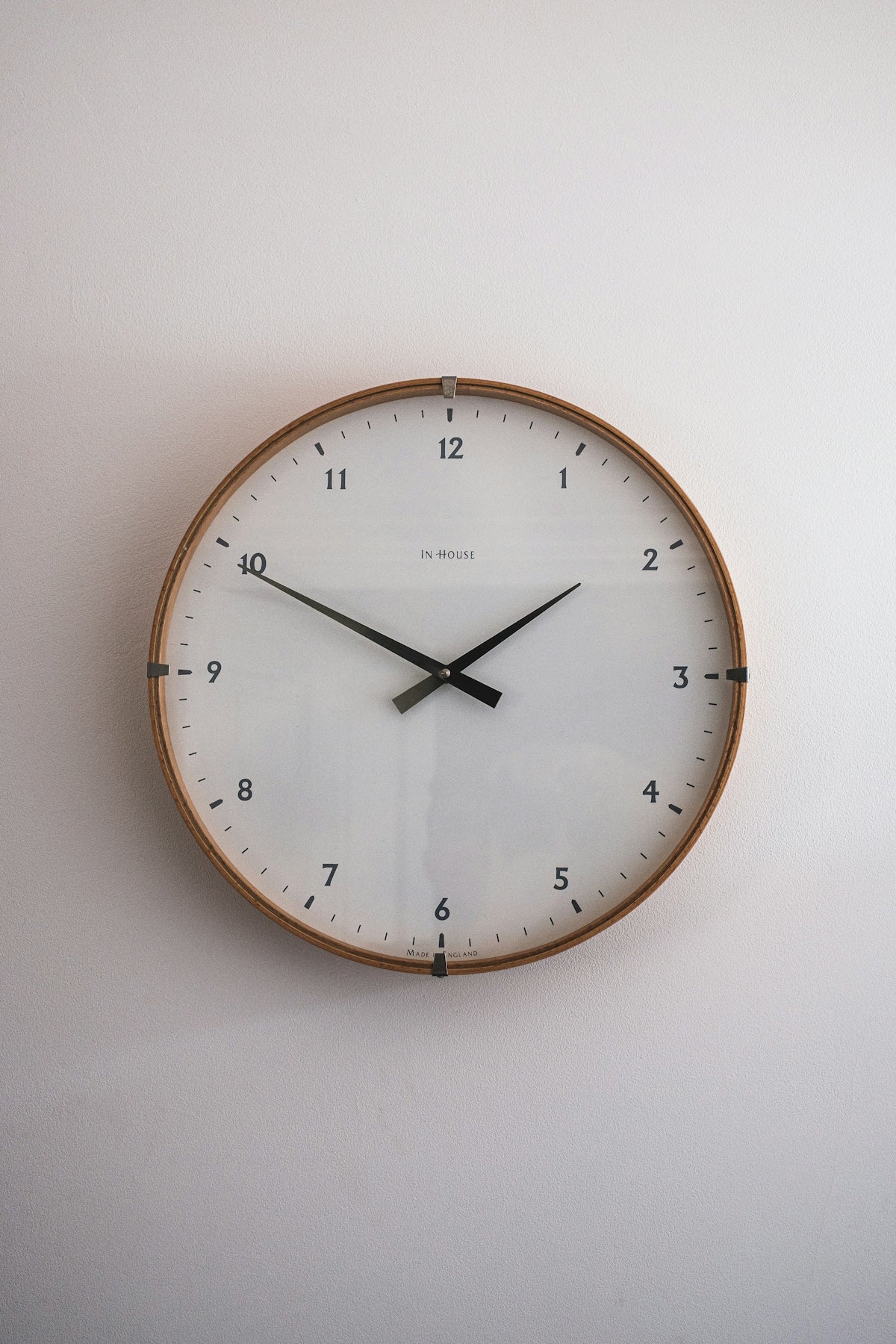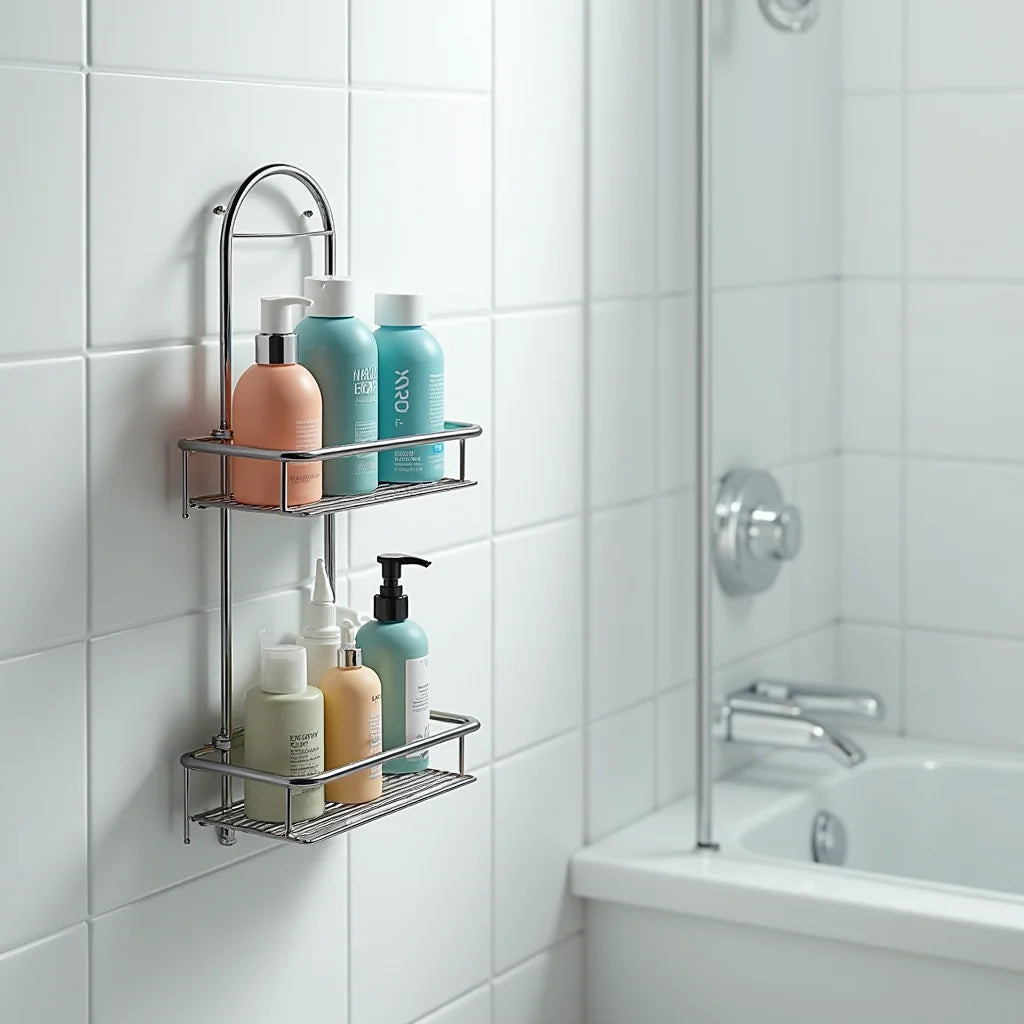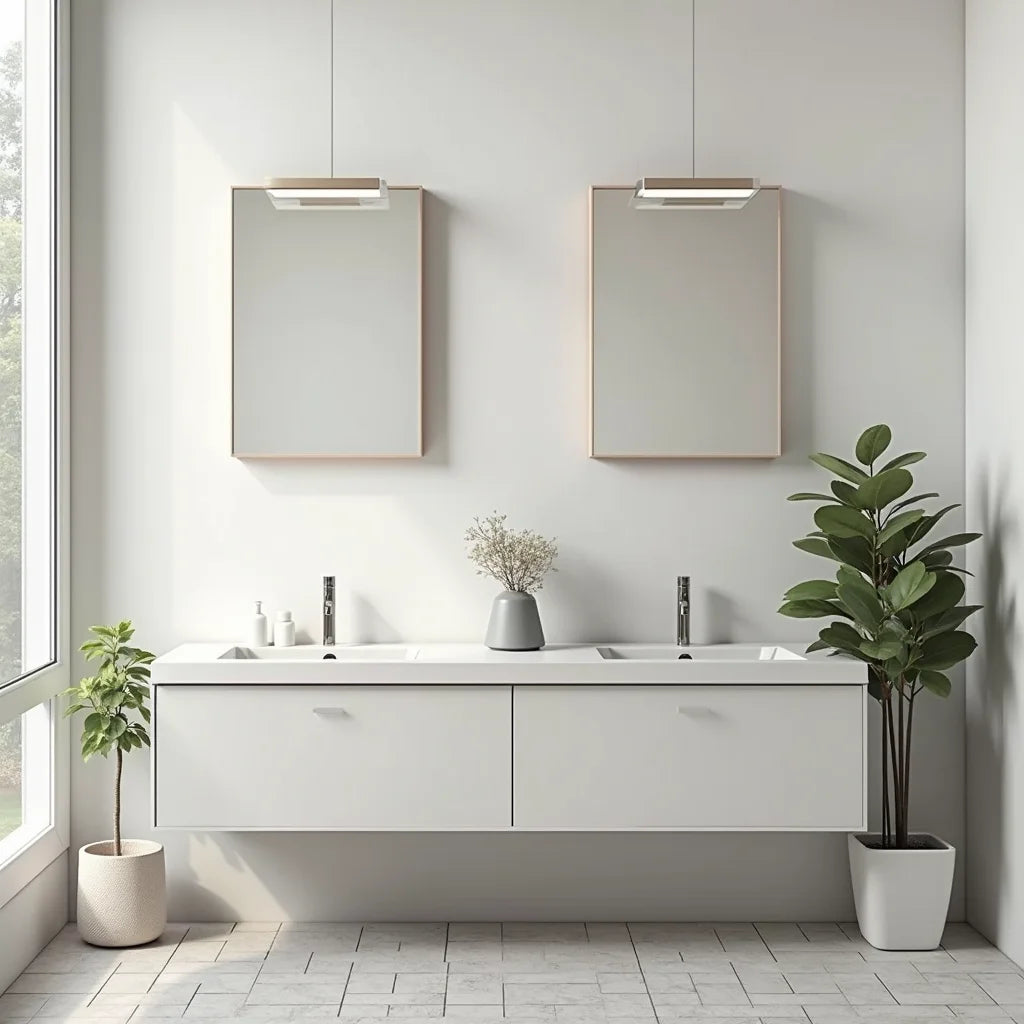Overview
Wall clocks influence our perception of time through their design, positioning, and visibility, impacting our emotions, productivity, and well-being. Choosing the right clock can enhance our environment and emotional state while effective time management strategies can improve our relationship with time.
Frequently Asked Questions
1. How do wall clocks influence our perception of time?
2. What are some key areas where time impacts our lives?
3. What role does the design of a wall clock play in our emotional response?
4. How can I choose the right wall clock for my space?
5. What are some effective time management strategies mentioned in the article?
Time, that ever-fleeting concept, often gets lost in our busy schedules and chaotic lives. But have you ever stopped to think about how the wall clocks we choose can influence our perception of time? From antique classics to modern wall clocks with laser cut clock hands, there’s more to these timekeepers than mere functionality. This article will delve deep into the psychology of time and how these timepieces shape our perception, productivity, and emotional state.
The Science of Time Perception
The concept of time is often fluid rather than fixed, influenced by various factors, including our emotional states, environment, and even the tools we use to measure it. This fluidity opens a fascinating realm of psychology, where our brains interpret time based on external stimuli. Wall clocks play a significant role in setting this stage. When you glance at a clock, how you perceive the passing minutes can completely change based on its design, positioning, and, yes, even its hands.
The Importance of Time in Our Lives
Everything in our daily lives is regulated by time, from work schedules and appointments to leisure activities. It controls our behavior and creates social structures. The five key areas where time impacts our perception include:
- Stress Levels: Recognizing how time creeps up on us can instill anxiety if we feel rushed.
- Focus and Productivity: A well-structured timeline can facilitate better focus on tasks.
- Emotional State: Joyful moments may seem longer while stressful moments fly by.
- Social Interactions: The pressure of time can change how we interact with others.
- Decision Making: Our perception of available time affects our choices.
How Do Wall Clocks Influence Perception?
Wall clocks serve not just as practical time-telling devices, but as aesthetic pieces that influence our emotional atmosphere. Their design, including elements like laser cut clock hands, significantly impacts how we relate to time. Below are some ways wall clocks shape our perception of time:
Design and Aesthetics
First impressions matter, and the design of a wall clock can set the mood of a space. For instance, a modern clock with sleek laser cut clock hands can evoke feelings of serenity and calm, while a colorful, artistic clock may bring energy to a room. The balance of colors, shapes, and materials also plays a role:
- Traditional clocks often evoke nostalgia and can make time seem to pass more slowly.
- Contemporary designs can lead to a more hurried atmosphere, possibly accelerating our perception of time.
- Handcrafted or artistic clocks may slow down our perception as we appreciate their uniqueness.
Positioning in Space
The placement of a wall clock within a room can either enhance or impede our productivity. Clocks positioned in high-traffic areas, like living rooms or kitchens, often draw our attention. This constant reminder of time can induce pressure, especially in busy settings. Conversely, a clock placed in a serene home office can encourage a calm approach to time management.
The Role of Clock Size and Visibility
The size and visibility of a clock also matter. A large clock can dominate a space and constantly remind us of the time, often leading to an increased perception of urgency. Smaller clocks, however, may blend into the background, creating an environment where time feels less pressing. A well-considered wall clock can enhance our awareness without overwhelming us.
Emotional Response to Time Indicators
Beyond aesthetics, the emotional responses that clocks evoke can significantly impact our relationship with time. Clocks with intricate designs, such as those featuring laser cut clock hands, can trigger a sense of wonder and curiosity, making time seem more precious and worthwhile.
Time and Emotion
Different designs elicit various emotional reactions. For example, a minimalist design can evoke clarity, promoting efficiency and effective time management, while ornate designs may foster nostalgia, linking our emotions to past moments and memories.
Memorable Moments
Interestingly, the way we recall events can also be influenced by our perception of time. Our emotional state at the time of an event affects how long we feel the experience lasted. This perception can make certain clocks feel more relevant to our memory, particularly if they signify moments of joy, achievement, or even challenges.
The Effect of Technological Advances
As technology evolves, so do the styles and functionalities of wall clocks. Traditional clocks are now complemented by digital designs with smart functionalities that may alter our perception of time. Understanding these changes can help us select clocks that shape our consciousness of time positively.
Smart Clocks
Smart clocks do more than tell time; they integrate with our daily routines. With features like reminders and alerts, these clocks can enhance productivity but may also contribute to an incessant awareness of time, potentially leading to stress. Balancing their use is essential for maintaining our emotional states and time perception.
Digital vs. Analog Clocks
Digital clocks provide precise timekeeping but can make time seem cold and distant, compounding feelings of haste. Analog clocks, on the other hand, with their moving hands often remind us of the passing of time in a more tangible way. They offer a tactile connection that can be comforting, particularly when designed with elements like laser cut clock hands that draw attention and intrigue.
Choosing the Right Wall Clock for Your Space
Incorporating the perfect wall clock into your environment involves understanding the psychological effects tied to its design, positioning, and functionality. Here are some tips for choosing the right clock:
- Reflect on Your Space: Consider the mood you want to evoke. Calm a bustling room with a serene clock design.
- Match Your Aesthetic: From minimalist to ornate, choose designs that resonate with you.
- Factor in Function: Evaluate if you require a smart clock with alarms and reminders or a simple analog clock.
- Consider Design Details: Look for features like laser cut clock hands to enhance aesthetics and evoke curiosity.
- Placement Matters: Position clocks thoughtfully within focal points to create a balanced environment.
The Impact of Time Management on Well-being
A well-chosen wall clock is more than a timepiece; it's a tool for better time management, fitness of mind, and emotional well-being. Mastering our relationship with time can profoundly affect our lives, directly tying to our productivity, stress levels, and emotional health.
Time Management Strategies
Understanding the psychology of time gives you the power to implement effective time management strategies. Here are some of the best practices:
- Set Time Boundaries: Establish clear limits on tasks to improve focus and productivity.
- Prioritize Tasks: Rank your tasks by importance to allocate time where it’s most needed.
- Break Tasks Down: Smaller tasks often have a more palatable time frame, aiding in effective management.
- Take Breaks: Regular breaks help recharge your mental faculties, making time work for you.
- Use Your Clock Wisely: Leverage the features of your wall clock to help you manage your time better.
Time is What You Make of It
In essence, your wall clock is more than just a mechanism for tracking hours; it is a catalyst for shaping how you perceive and interact with time. Whether you're drawn to a traditional design or a clock featuring cutting-edge laser cut clock hands, consider how it influences your environment and emotional state. The relationship between time and our personal lives is intertwined with emotion, memory, and social interaction. By understanding these dynamics, we can choose wall clocks that not only serve a functional purpose but enrich our experience of time itself.
Linked Product

Decorative 3D Wall Clock Plexiglass Mirror Roman Numeral Large Size
The Decorative 3D Wall Clock features a modern design with large Roman numerals and a sleek mirrored finish, making it a stylish addition to any room. Its silent sweep movement ensures a peaceful environment, while the easy-to-assemble mechanism allows for quick installation on any wall surface. With a diameter range of 70 to 120 cm, this clock can be customized to fit various spaces, enhancing both functionality and aesthetic appeal.
View Product




